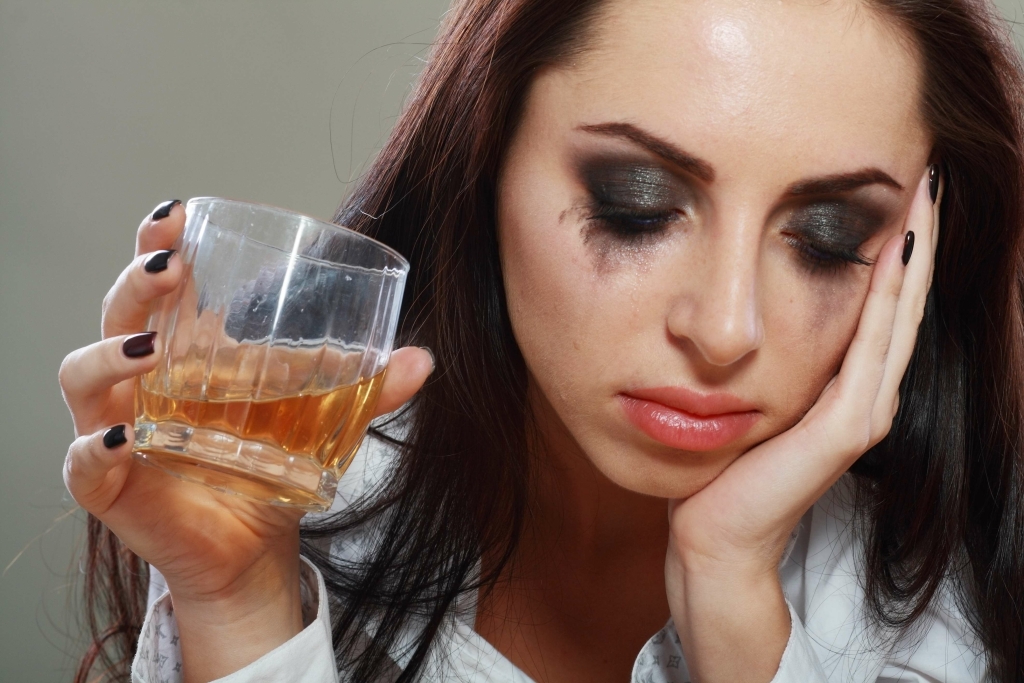The World Health Organization reported 3 million deaths due to harmful use of alcohol in their latest report 4. In the age group 20–39 years, approximately 13.5% of the total deaths are attributable to alcohol 5. In particular, men are considered at high risk to develop AUD 2 with global prevalence five times that in women with 8.6% and 1.7% for males and females, respectively 4. However, latest data indicated that this gap is narrowing in recent years 6, 7. Treatments for excessive alcohol use and AUD are initiated at a very late stage of symptom progression when adverse somatic and mental consequences have already occurred 8, 9.
1. Coping Motives
Sometimes, after removing the drugs or alcohol as a coping mechanism, people begin to act out with other addictive behaviors. It is important to keep an eye out for these unhealthy coping mechanisms, as they can lead to as much sorrow as a substance use disorder can. Purpose Healing Center offers a secure environment and resources to teach you new healthy coping mechanisms so you can heal from your alcohol use disorder. Our Joint Commission-accredited programs that treat substance abuse, as well as have mental health professionals that can help to treat mental health disorders.
The Vicious Cycle of Alcohol and Trauma
But even if you’ve been turning to substances for years to cope, getting https://svmmalerkotla.in/alcohol-related-neurologic-disease-types-signs/ help and recovering is still possible. Trying different methods is important until you find the ones that work for you and help you avoid substance use. An estimated 10% of the population in the US has developed alcohol use disorder within the past year, but less than 19% of them receive treatment. Of the 10% of people with AUD, no specific excuse is required for them to cope using alcohol or other substances. If you tend to drink alcohol every time you feel stressed or sad, you may want to further explore your relationship with it.
Gender Differences

Commonly prescribed medications include selective serotonin reuptake inhibitors (SSRIs), such as Zoloft, Paxil, and Prozac, which can help control symptoms like sadness, anxiety, anger, and sleep problems. The HPA axis, the system that deals with stress response, has been traced to symptoms of alcohol withdrawal. Abuse during childhood increases the risk for alcohol use disorders in both adolescence and in adulthood. This is particularly true for children who grow up in alcoholic homes, researchers report.
- This null effect further underscores that the links between consuming alcohol to cope with stress/distress and diminished mental health are not explained well by alcohol use per se but rather by some aspect of the psychological process driving alcohol use when under stress.
- Sometimes when people are cut off from other healthy mechanisms like going to the gym, they can also turn to unhealthy coping mechanisms like drinking.
- Looking at the reasons people turn to alcohol as a coping mechanism can help raise awareness about the potential risk factors of AUD.
- A 2017 study found that people who used alcohol as a coping mechanism to cope with negative emotions experienced greater emotional reactivity over time.
- Situations like a bad breakup, a stressful job, or a fight with your loved one can leave us feeling overwhelmed, and to deal with them, we look for ways to cope.
I know it’s not great but there is a release in doing that which helps me to temporarily forget my problems and worries. “January can be a difficult time of year for so many people and families up and down the country when day to day concerns about finances and debt come sharply into focus,” she said. These programs can be used alone or in conjunction with other treatment options. Over time, this weakens connectivity to the prefrontal cortex, which is the seat of executive functioning. If you’re open to it, there are several support groups geared toward those who live with substance use, either online or in person. “In the long run, alcohol, which has a depressant effect on your nervous system, can cause symptoms consistent with major or clinical depression,” says Mendelson.

BPercentage of people living in each county (only the top three counties in the current sample were depicted in this table). Either way, escaping from reality, though temporary, becomes an attempt to escape from the view of self. And at the point of addiction the view of self as addicted is unacceptable, and therefore denied.

Experiment with some of the different healthy options and try those before you reach for alcohol next time. The first step is recognizing that you’re using alcohol as a coping mechanism. Once you realize what you’re doing, you can start working to shift your behavior in a positive direction. Most people who drink alcohol to cope use it as a form of self-soothing or numbing. It can drug addiction treatment change your physical and mental state and allow you to forget your worries for a time. While alcohol is a depressant and may help you feel more relaxed before you sleep, it actually gives you a less quality and amount of sleep.
Breaking free from the grip of alcohol often requires more than willpower alone. Seeking professional support, such as an intensive outpatient program, can provide structure, accountability, and expert guidance to help you make lasting changes. Therapy or addiction treatment can offer personalized strategies to address the root causes of your stress and substance use. Between the responsibilities of work, home, spouses, children, families, friends, and other activities, most people have quite a few things on their plate to balance. When the plate becomes overloaded or something significant happens in any one area, stress settles in.
Approximately three in five people admitted that they drink alcohol to help them handle the pressures of their daily lives. Recent research conducted by Drinkaware investigated the regular drinking patterns of people in the UK aged between 18 and 75. When someone feels uncomfortable because of a difficult emotion, and they don’t know alcohol as a coping mechanism what to do about it, substances offer a fast and easy solution.
It is also robust against several potential confounders such as time of day or participant awareness 84. Addiction is a complex issue rooted in a variety of factors, including chronic stress, dysfunctional beliefs, psychological disorders, and social influences. Understanding these underlying causes is crucial for effectively dealing with addiction.
Excessive alcohol consumption and alcohol use disorders (AUD) are among the leading preventable causes of premature morbidity and mortality and are considered a major public health concern. In order to reduce the individual and societal burden of excessive alcohol use, it is crucial to identify high-risk individuals at earlier stages and to provide effective interventions to prevent further progression. Stressful experiences are important risk factors for excessive alcohol consumption and AUDs. However, the underlying biological and psychological mechanisms are still poorly understood. The cause of alcohol use disorder (AUD) may range from various factors, including environmental factors, mental health disorders and more.

コメント